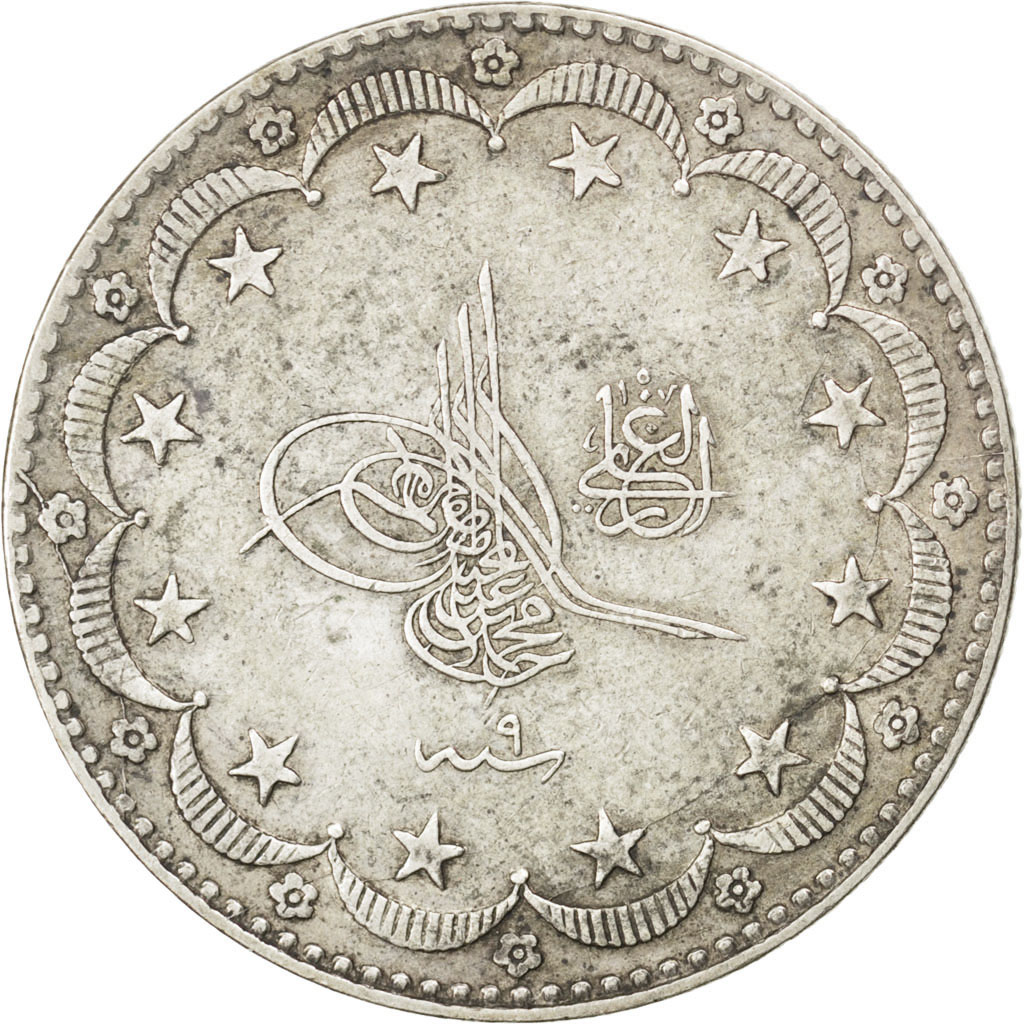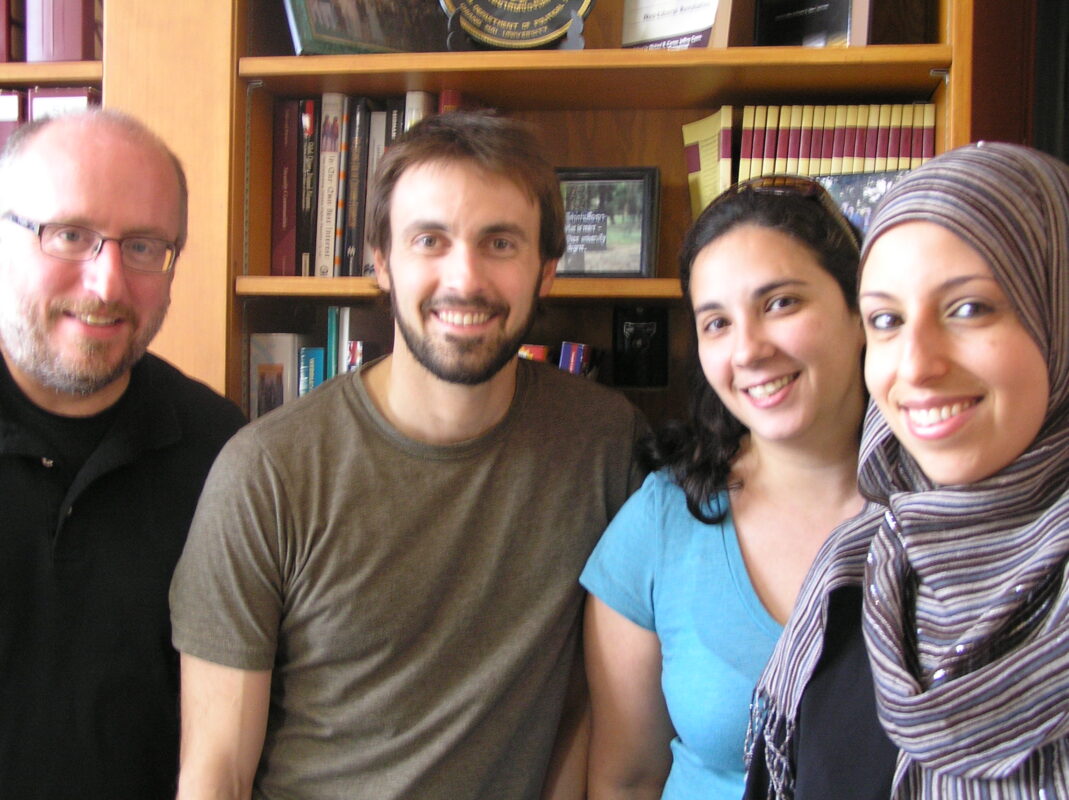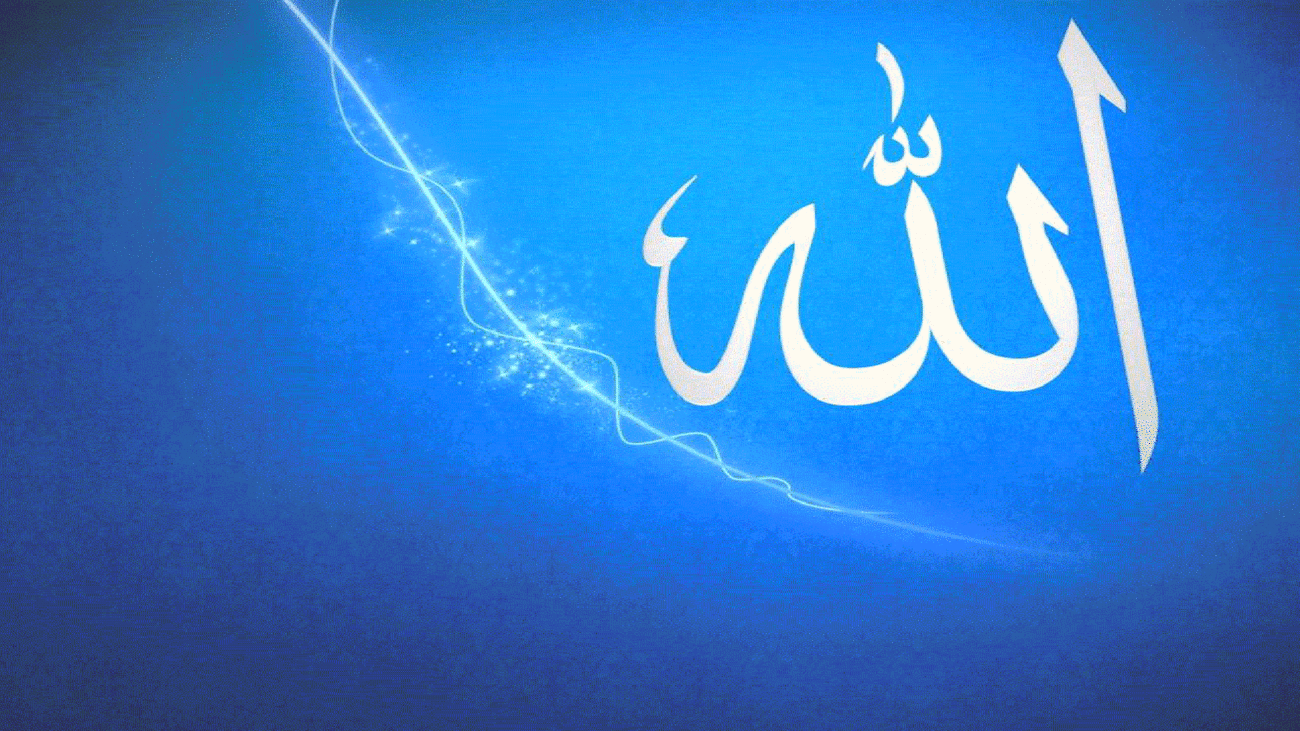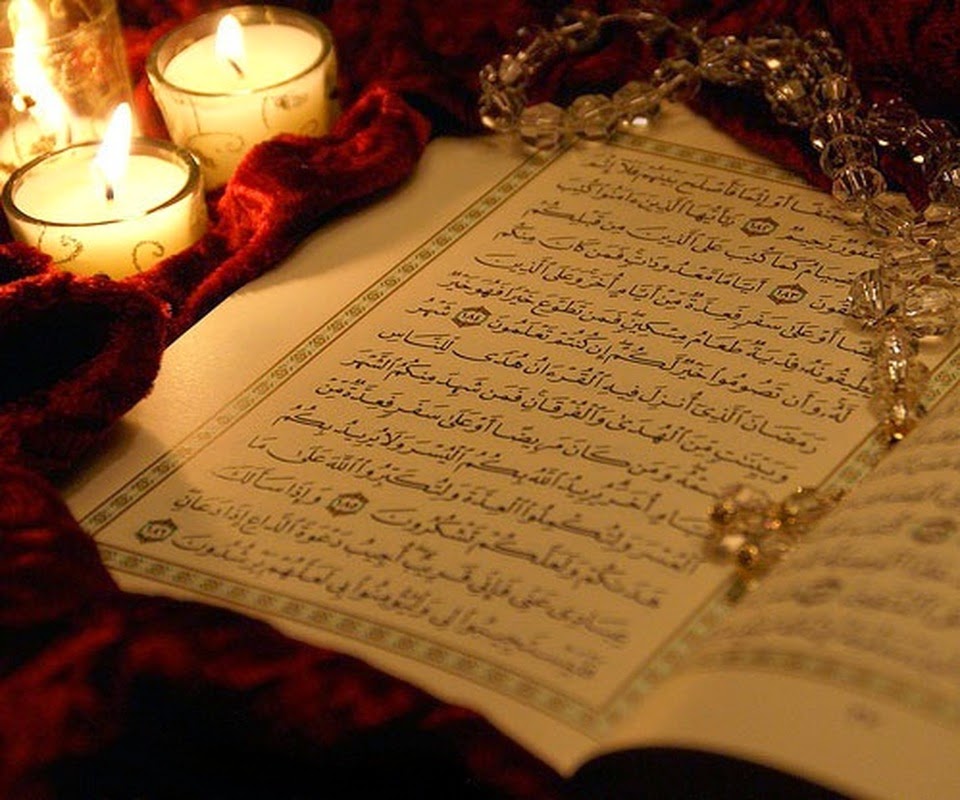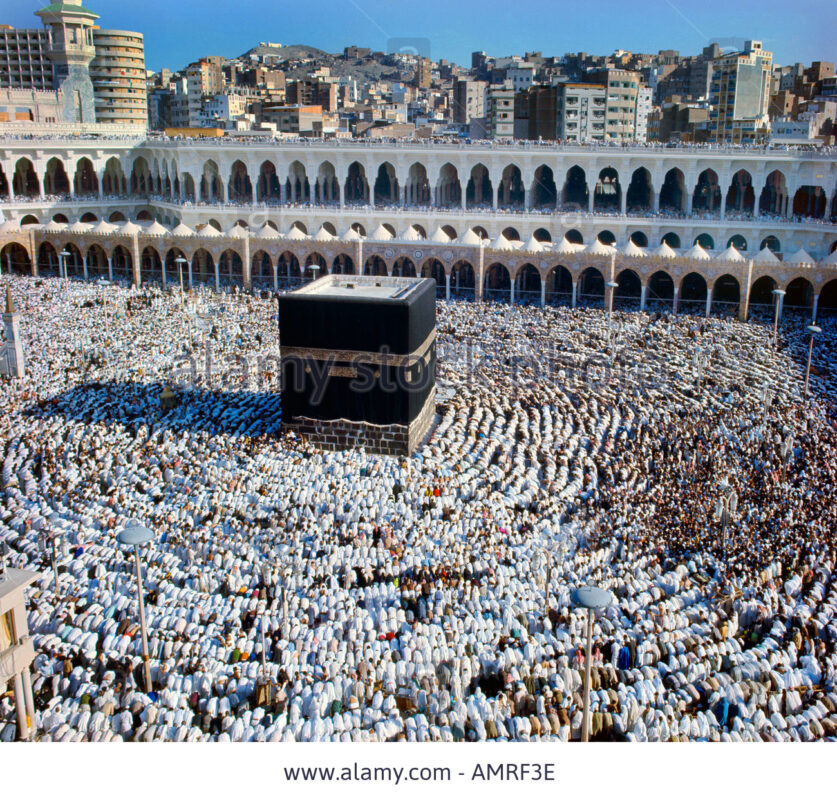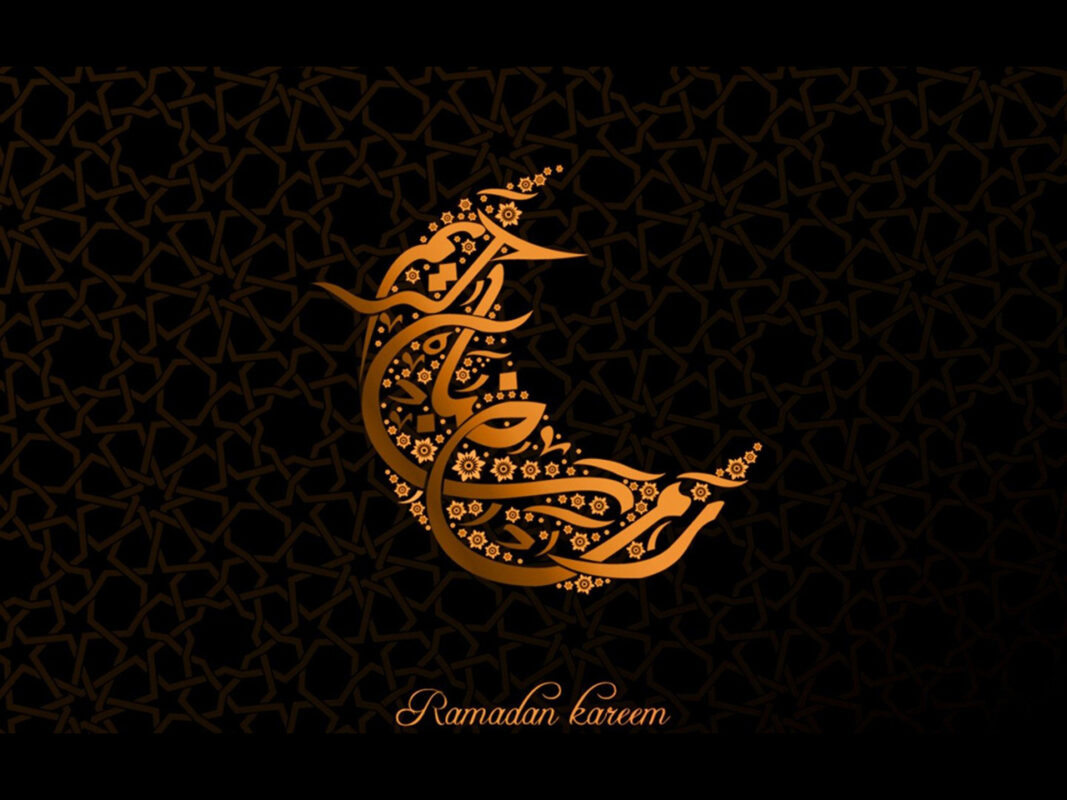What is meant here by “the inclusiveness of Islam” is that fact that Islam is for all times and places. Regardless of who a person may be or where he may be, Islam should be his religion and his way of life. This is just as much true for those who lived during the lifetime of the Prophet, may the mercy and blessings of God be upon him, or those who will live in 2525 (if God wills that there shall be such a year).
The correct understanding of this point revolves around a number of issues. The first important issue is that of the finality of prophethood as vested in the Prophet Muhammad. The second concerns the perfection of the religion and the manner in which it is able to guide humankind during all eras.
The Finality of Prophethood
God decreed that the Prophet Muhammad would be His final messenger. God says:
“Muhammad is not the father of any man among you, but he is the Messenger of God and the last of the Prophets. And God is Ever All-Aware of everything.” (Quran 33:40)
The Prophet Muhammad himself said:
“I have been sent to all of the creation and the prophets have been sealed by me.” (Saheeh Muslim)
Again, he said:
“The Children of Israel were led by the prophets; whenever a prophet died, a prophet succeeded (him). Lo! There will be no prophet after me” (Saheeh Al-Bukhari, Saheeh Muslim)
Thus, there finally came the Prophet who explicitly declared that he is the final prophet. The Prophets who came before the Prophet—as far as can be seen from what is narrated from them—did not make such a claim regarding themselves. Thus, for example, in Deuteronomy 18:17-19, God is telling Moses that He is going to send another messenger “like unto him” in the future. In the New Testament, in John 14:15-16, Jesus speaks of “another Comforter” being sent by God. (Also in John 16:7-8 and John 16:12-13 Jesus speaks of someone coming in the future.) On the other hand, the Prophet Muhammad made it very clear that no prophet would come after him.
Being sent as the final messenger for humankind, there had to be some aspects that were unique concerning this last Prophet. These aspects include:
First, since no one could come later to correct any mistakes or distortions, the revelation received by the last prophet had to be preserved in its pristine purity. It is obviously beyond the scope of this short article, but a study of the history of the Quran and Sunnah would demonstrate that both of them were minutely preserved.
Second, the nature of the “sign” of the last prophet would have to be different as well. This is because this sign would have to affect not only the people who were alive during the time of the prophet, but also all those who would come later. The “sign” of the Prophet Muhammad was the Quran, and its miraculous nature can still be appreciated today and will continue to be appreciated in the future.
Third, this final prophet could not simply be sent for one community among humankind—each then having their own final prophet and then differing with one another. This final prophet had to be sent for all of humankind, putting an end to the succession of prophets and being suitable for the world as a whole.
The Prophet Muhammad was the only prophet to make it known that he was not sent only for a certain people, but rather for all the various peoples of the world. The Jews, for example, consider themselves to be a chosen race and that their message is meant exclusively for themselves. Thus, many orthodox Jews do not believe in proselytizing their faith. The New Testament also makes it clear that Jesus’ mission was to the Tribes of Israel. Matthew 10: 5-6 read:
“These twelve Jesus sent forth, and commanded them, saying, Go not into the way of the Gentiles, and into any city of the Samaritans enter ye not: But go rather to the lost sheep of the house of Israel.”
Jesus is reported to have said when the Canaanite woman came to him for help,
“I am not sent but unto the lost sheep of the house of Israel” (Matthew 15:24).[1]
This limited mission of Jesus’ is also affirmed in the Quran (61:6). In the case of the Prophet Muhammad, however, God says:
“Say (O Muhammad to the people), ‘O mankind! Verily, I am sent to you all as the Messenger of God…’” (Quran 7:158)
Another verse reads:
“And We have not sent you (O Muhammad) except as a giver of glad tidings and a warner to all mankind.” (Quran 34:28)
There are yet other verses giving the same purport. Prophet Muhammad also stated that he was distinguished from the earlier prophets by five matters. The last he mentioned was:
“[Before] a prophet would be sent to his own people only, while I have been sent to all of mankind.” (Saheeh Al-Bukhari, Saheeh Muslim)
Fourth, the laws and teachings of this message had to be fixed in matters that need to be fixed for all of humankind until the Day of Judgment and guiding yet flexible or accommodating in those matters that need to be open to change due to the changing circumstances of humankind. This shall be discussed in more detail below.
On all of these points, one sees that it is the message of the Prophet Muhammad that fits all of these criteria. Furthermore, all of these aspects make it quite clear that the Prophet Muhammad is qualified and sufficient to be the messenger for all of humankind and that the religion that all humankind should accept is Islam.
Before discussing how the laws of Islam are universal, it is important to briefly discuss the issue of those who are following earlier confirmed prophets of God. These people may argue that the Prophet Muhammad may have been truthful, but that it is sufficient for them to follow the Prophet that they have been following.
In reality, no one has the right to accept the other prophets while rejecting the Prophet Muhammad, may the mercy and blessings of God be upon him. No one has the right to say that Muhammad was truthful but, “I chose to still follow Jesus or Moses instead.” Logically speaking, one should not expect this to be acceptable to God.
God has sent His final messenger to be believed in and followed, superseding and canceling what is left of the teachings of earlier prophets. In the Quran, God describes such an attitude:
“And when it is said to them, ‘Believe in what God has sent down,’ they say, ‘We believe in what was sent down to us.’ And they disbelieve in that which came after it, while it is the truth confirming what is with them…” (Quran 2:91)
God has further declared people of this nature to be disbelievers. He has said:
“Verily, those who disbelieve in God and His Messengers and wish to make distinction between God and His Messengers (by believing in God and disbelieving in His Messengers) saying, ‘We believe in some but reject others,’ and wish to adopt a way in between.
They are in truth disbelievers. And We have prepared for the disbelievers a humiliating torment. And those who believe in God and His Messengers and make no distinction between any of them, We shall give them their rewards, and God is Ever Oft-Forgiving, Most Merciful.” (Quran 4:150-152)
The Prophet said:
“[I swear] by [God], the One in whose hand is my soul, there will be none of my addressed people, be he Jew or Christian, who hears of me and dies without believing in that with which I was sent except that he will be from the inhabitants of the Hellfire.” (Saheeh Muslim)
The Prophet even told one of his companions:
“If my brother Moses were alive today, he would have no option but to follow me.” (Ahmad and al-Daarimi)
Hence, the universality of Islam applies to all who were following any of the previous prophets as well. They have no logical option except to accept and follow Prophet Muhammad.
The Universality of Islam and Its Timelessness
As noted above, Prophet Muhammad declared that he was the final prophet sent for humankind. At the same time, it is inconceivable knowing the mercy of the merciful that He would leave humans without any form of clear guidance. In other words, what He gave this final messenger must be suitable to guide all of humankind after him after him until the Day of Judgment. In fact, the Prophet himself made this very same point in essence when he said:
“I have left with you two things that if you cling to them you will never be misguided after me: The Book of God and the Sunnah of His Messenger.” (Saheeh Muslim)
God has also said:
“…This day, I have perfected your religion for you, completed My Favor upon you, and have chosen for you Islam as your religion…” (Quran 5:3)
Thus, the religion is completed and perfected and there is no need for any alteration or change. The message has come and shall suffice until the Day of Judgment. The Prophet sent for all peoples has already come.
This implies that the Prophet’s teachings are valid and obligatory upon all of humankind. That is, his example and teaching was not simply for the people of Arabia at his time. Rather, it is just as valid and just as important for each and every Muslim today, whether he be in New York or Malaysia.
At this point, someone may logically ask: How is it that this Law is able to fulfill the needs for all of mankind until the Day of Judgment? Human society is changing day to day. How is it that one “law” can provide guidance for everyone at all times? The answer to this question has to do with the beauty of the Law. When one studies the law promulgated by Prophet Muhammad, one finds that it has the needed elements of flexibility that allow it to be just as practicable today as it was during time of the Prophet. In essence, those issues that need to be fixed and permanent are made such by the Islamic Law. Those that need to be flexible so that different peoples at different times may apply them differently are left flexible in the Islamic Law. Hence, it is a Divinely guided way of life that is suitable and practical for all humans until the Day of Judgmen
Thus, first, in reality, human nature actually does not change over time. Laws or guidance covering moral and ethical behavior shall always remain the same, because what is damaging to the soul at one time will always be damaging to the soul, again due to the fact that human nature does not change. For example, lying and cheating are displeasing to the Lord and harmful to the soul and shall forever remain that way. Thus, laws and guidance related to issues of this nature remain fixed and completely applicable until the Day of Judgment. Ritual acts of worship, which underline the foundation of a human’s character, also do not need to change. God alone knows how He is to be worshipped, and if He has declared these acts as proper and acceptable to Him until the Day of Judgment, no one can possibly say otherwise. In describing these kinds of laws or guidance, one can say that Islamic Law is rigid, but that is only because it should be rigid on these points. That, in no way, affects its universality and practicality for all times and places.
Second, there are some harmful matters that humans must avoid. These have also been explicitly and permanently forbidden. Alcohol and intoxicants, for example, will always be harmful for humankind. Every now and then, humans may find something beneficial about alcohol, as God also alludes to in the Quran, but overall no society can rightly argue that alcohol consumption is something good. One need only consider the social costs of drinking in the United States alone. Many families are torn apart due to alcohol abuse.
Driving under the influence is recognized as a danger to society, and although great steps have been taken to control it, numerous people are still killed or severely injured due to alcohol. Many alcoholics cannot hold down jobs and thus become dependent on the state, putting the burden of their care on the rest of the citizens. When it comes to issues of this nature, Islam forbids such a practice forever as there can be no serious argument given that alcohol should be permitted. (Indeed, one can argue that it is only permitted today because the cost of keeping people from this addicting “drug” is prohibitive. This, in reality, is just another sign of how dangerous and evil alcohol is.)
Third, beyond that, humans need only some detailed laws but many general principles that allow them to guide their lives in all times and places. This is exactly what Islamic Law provides for them. Thus, God provides detailed laws about what kinds of food one may eat, inheritance, who is legal as a spouse, international relations and so on.
From these detailed laws, a scholar is able to extract rulings for many new occasions. From the general principles, a scholar can derive guidance for various issues that did not occur during, for example, the time of the Prophet.
Fourth, in the realm of social contracts and business, for example, the general principle is that everything is permissible unless there is evidence to show otherwise. Hence, Islamic Law actually allows for a great deal of freedom within the Law. In business dealings, for example, Islam has prohibited interest, overly risky transactions, gambling, fraud, deception, sale or purchase of illegal items and coercion.
In general, these are the harmful aspects that have been prohibited. In other words, the guidance is such that when new forms of business dealings are developed, as in modern times, one can determine which are acceptable according to Islamic guidelines and which are not. Thus, Islamic Law has been proven to be feasible for over 1400 years and, according to Islamic beliefs, will continue to be feasible until the Day of Judgment. Two businessmen are able to come up with any form of contract they wish, as long as the basic forbidden and harmful aspects are avoided. One cannot even imagine how many types of transactions are therefore permissible under Islamic Law.
Finally, it must be recognized that this complete and comprehensive guidance that will remain viable until the Day of Judgment is a great blessing from God, and is another sign that humans must turn to God for guidance.
Humans on their own would never be able to find a way of life that is suitable even for just one place and time, not to speak of something that would be good for centuries or millenniums—although humans would try to latch on to what they were following in the past. Sayyid Qutb has eloquently noted this point when he wrote,
When a human being tries to construct a metaphysical concept or a system of life through his own efforts, this concept or system cannot be comprehensive. It can only be partially valid, good for one time and place but not for other times and other places, and appropriate for one set of circumstances but not for another.
Furthermore, even in tackling a single problem, he is incapable of looking at it from all possible sides and of taking into consideration all the consequences of the proposed solution, since very problem extends in space and time and is connected with precedents and antecedents beyond the scope of observation and comprehension of human beings.
We therefore conclude that no philosophy and no system of life produced by human thought can have the characteristic of “comprehensiveness.” At most, it can cover a segment of human life and can be valid for a temporary period.
Because of its limited scope, it is always deficient in many respects, and because of its temporariness it is bound to cause problems that require modifications and changes in the original philosophy or system of life. Peoples and nations basing their social, political and economic systems on human philosophies are forever confronted with contradictions and “dialectics.”[1]
One need only look at one example which has been much debated recently to understand how applying God’s guidance at all places and times is what is best for humanity. Circumcision is a well-known and established practice in Islam. In the past few decades, doctors and scientists—due to humans’ very limited understanding of the reality of humans as a whole—keep going back and forth concerning circumcision.
One decade they are in favor of it while the next they say that it is useless and harmful to the child. Now they have found—or they think they have found, as perhaps they could be wrong again—that circumcision is a great defense against HIV AIDS. Now, they are rushing to circumcise many of the men in different parts of Africa.
Perhaps, after so many cases like this, more and more humans will realize that there is guidance, complete and perfect, that has come from God that is exactly what all humans need and require, regardless of time and place.
The Guidance is Complete and Sufficient Forever
In sum, the guidance is complete and suitable for all times and places. It is all that the Muslims need for happiness in this world and in the Hereafter. It cannot be improved upon. It is, therefore, in no need of additions, alterations or deletions.
Those who think that they can improve upon what God has revealed are arrogant in the purest sense and going beyond what they can possible ever achieve. For this obvious reason, the Prophet gave very strong warnings about innovations, heresies and changes to the faith. Such things are not needed at all and they will simply take away from the beauty and perfection of Islam. Thus, the Prophet said:
“The worst matters are invented ones. And every innovation is a going astray.” (Saheeh Muslim)
He also said:
“And every going astray is in the hell fire.” (al-Nasaai)
The Prophet also said:
“Whoever introduces anything into this affair of ours that does not belong to it will have it rejected.” (Saheeh al-Bukhari and Saheeh Muslim)
Source: islamreligion.com [External/non-QP]

